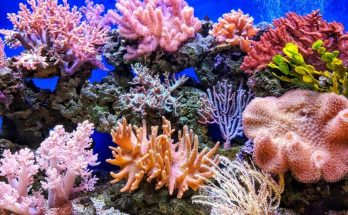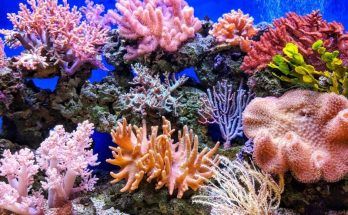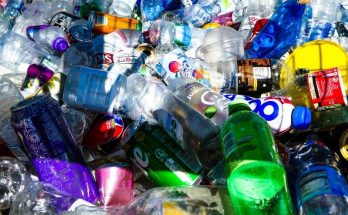Rishikesh/IBNS: Centre for Global Affairs and Public Policy (CGAPP), a nonprofit organisation, and Switcheko, a startup, launched a unique all India sustainability helpline (91) 9705100017 to address queries related to plastic pollution and offer solutions and expert guidance on a wide range of sustainability issues.
The helpline was launched during the recent two-day expo at Rishikesh on plastic alternatives and innovative technologies for waste management and river cleaning.
A number of Indian and foreign start-ups, solution providers working on plastic alternatives, river cleaning & rejuvenation and waste management and civil society organisations such as Waste Warriors, Switcheko, Uttarakhand Pollution Control Board, River Recycle, Recykal, Amwoodo, Plastic Fische, Code Efforts and Nirmalya participated in the expo organised on the banks of the Ganga at the Parmarth Niketan Ashram.
The expo is part of the solution component of CGAPP’s comprehensive project on “Tackling Plastic Pollution in the Ganga Basin.” It comprises a research component, a solution component and an outreach component.
The research will be conducted by an all women team in over 12 locations spread across India and Bangladesh. The solution component includes expos at Rishikesh and Varanasi on plastic alternatives and innovative technologies for waste management and the outreach will involve local communities and civil society organisations. The project will also feature a river expedition from Prayagraj to Varanasi and a culminating summit in Dhaka. The aim is to initiate measures for effectively countering the danger posed by effluents and microplastics currently choking the Ganga basin and threatening the aquatic ecosystem and the environment at large.
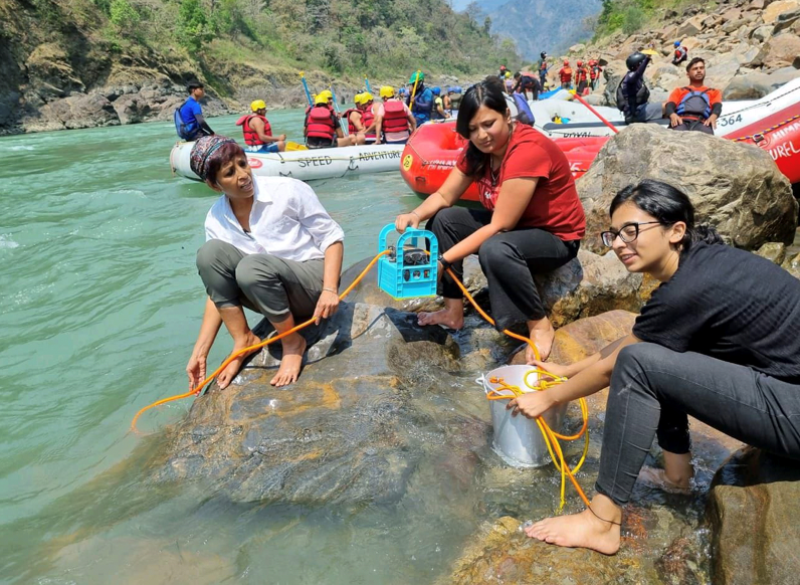
Any effective and sustainable plan for addressing plastic pollution over such a vast geography with one of the highest population densities in the world depends on building a robust data-driven model. The research project has been undertaken with the aim of contributing towards building such a database.
The first leg of the research took off on April 24, 2023 with a special focus on the waste management eco-system around Rishikesh and sampling of water quality of the Himalayan part of the river. The core team of CGAPP researchers were joined by students from IIT Roorkee and Gurukul Kangri University during the data collection.
A highlight of the project will be its all-women team of multi-disciplinary scholars, comprising 15 members, including 12 permanent team members and 3-4 representatives from local academic institutions. The research team is led by Dr. Mansee Bal Bhargava, National President of Water Resources Council. The research component seeks to build upon the methodology used in the National Geographic Sea-to-Source Expedition held in 2019, while the solution and outreach component will add to this aspect to look at scalable solutions, including plastic alternatives and waste management and behavioural changes.
On Sunday morning young climate activist Licypriya Kangujam and boy monks from the Parmath Niketan Ashram led a plastic waste cleanup drive to raise awareness about source segregation, responsible disposal and sustainable waste management. This event was organised in partnership with the Waste Warriors and collected a large amount of waste from the riverbank.
In a separate programme, while interacting with the students of the Kendriya Vidyalaya Raiwala, Licyypriya called for mandatory climate education for all classes.
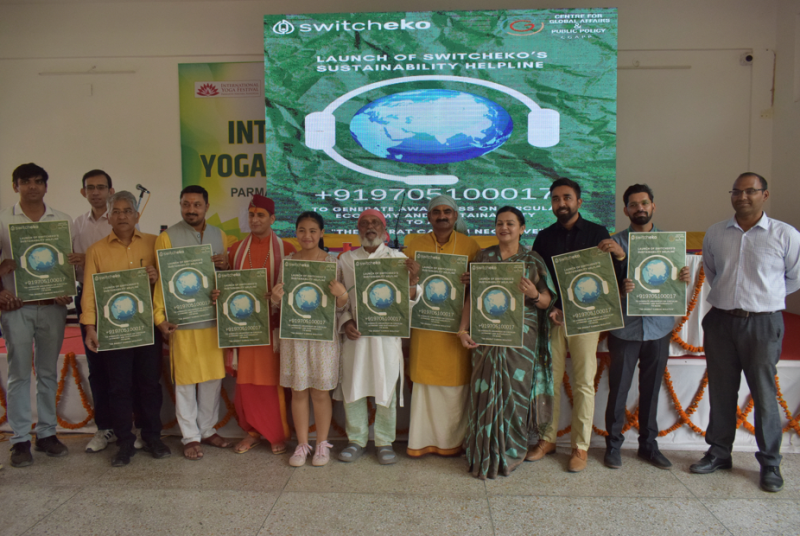
Interacting with the participants, eminent environmentalist Dr Anil Prakash Joshi cautioned that economy and ecology must progress together, and a mindless pursuit of material growth alone would be ruinous for the planet. He called for building a broad-based alliance to address environmental challenges.
Rishikesh Mayor Anita Mamgain, the Chief Guest at the Inaugural Session, called upon the participants to take personal responsibility for eliminating plastic pollution in the Ganga. Following her address, she interacted with the women researchers and signed the pledge banner, printed on sustainable materials. The inauguration also featured a session from Dr. Sara Ahmed, founder of the Living Waters Museum, which is a virtual museum engaging youth in visualising water heritage and re-imagining sustainable, inclusive and equitable water futures and a stirring musical performance on the banks of the river by singer Sukrit Sen.
Interacting with the civil society members and startups in another session, Chairman of the Muni Ki Reti Municipal Council, Roshan Raturi pointed out the enormous difficulty of waste management in a place where staggering number of tourists during high seasons and weekends completely overwhelm the system and how they are trying to cope with it by capacity building and technology adoption.
Noted environmentalist Anup Nautiyal, Dr Manu Shivpuri Sharma, industrialist Uttam Singhal, Dr. Raman Sharma, Senior Scientist, CSIR-NEERI and other prominent speakers also shared their concerns and experiences during various sessions.
The next leg of the project will feature an expo and outreach programme at Varanasi. The team will travel by a special boat from Prayagraj to Varanasi and conduct outreach programs with youth, local communities, and other stakeholders. Multiple academic and research institutions and individual researchers from around the world, including Bangladesh will be involved in the project.


